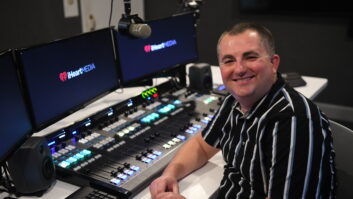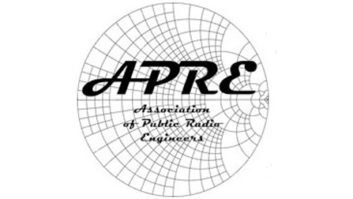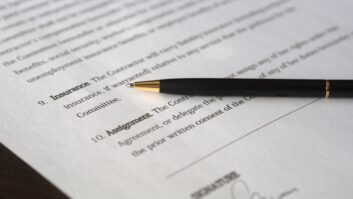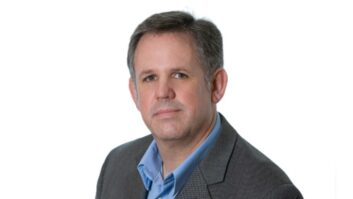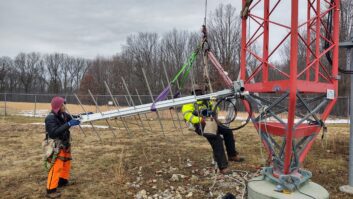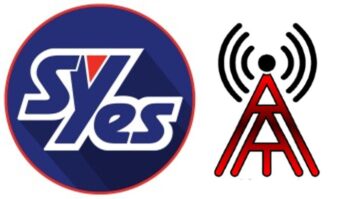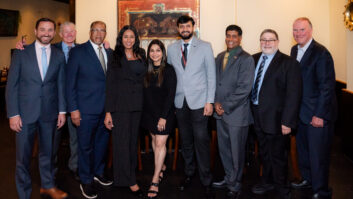The author is the board secretary of the International Association of Audio Information Services (IAAIS) and coordinator of volunteers for the Audio-Reader Network in Lawrence, Kan. IAAIS commentaries are featured regularly at www.radioworld.com.

Mark Jividen, executive director of VoiceCorps
It doesn’t matter whether your radio station is public, commercial, community or on a subcarrier—engineers are a necessary part of keeping things running. But financial resources don’t always allow stations to keep full-time engineers on staff. Some work on a part-time basis, others as contractors. And some are volunteers.

Bill Bowin is director of engineering for North American Broadcasting and advises VOICEcorps on major issues and projects.
You’ve heard us talk in this column before about the value volunteer broadcasters provide to audio information services, but the need for volunteers isn’t limited to on-air duties.
Mark Jividen, executive director of VOICEcorps in Columbus, Ohio, says his audio information service relies on volunteer engineers to keep their signal healthy.
“VOICEcorps has two dedicated volunteer broadcast technicians,” he explains. “One primarily maintains studio equipment, and the other repairs radios.” Radio repair is vital, as audio information services loan receivers to listeners at the service’s own expense. When it comes to larger engineering projects, VOICEcorps relies on the chief engineer of a local commercial radio station group to advise and facilitate progress. Jividen says the expertise these engineers bring to the service is invaluable. “Although we’ve had a novice from time to time who might clean equipment or make minor repairs to radios, we’re careful to allow only experienced people with proven broadcast engineering backgrounds to install, repair, and adjust our recording and transmission equipment.”

Dave Mathews is a studio and IT volunteer.
Though VOICEcorps has a large facility compared to other audio information services, that doesn’t mean it has the budget to match. “Some services are associated with public radio stations whose engineers take care of many issues. Our budget is under stress as we fund regular operational expenses and work to expand our services to those who need them. We simply cannot afford a paid engineering staff, so we are grateful to volunteers of every sort, and especially to our skilled technical people, without whom we could not remain on the air,” says Jividen. Though VOICEcorps at times will contract with local broadcast engineers for major projects, they, and many other audio information services, can’t afford to do it on a regular basis.

Sherrie Bowin tests an SCA radio receiver.
That’s why he encourages broadcast engineers to get involved in their communities. He says those who do often find great reward. “I think most people receive something special in return for giving their time and treasure to help others,” he says. “Audio Information Services contribute so much to the well-being of those we serve. We help our listeners out of isolation, and keep them connected to their communities. We help them through depression and other mental health issues that often accompany vision loss.” And, with the baby boom generation aging and the incidence of diabetes, obesity, and other conditions that lead to vision loss increasing, Jividen predicts audio information services, and in turn, volunteer engineers, will be even more in demand. “Audio information services will have an ongoing need to maintain their present technical facilities, build new ones in the future, and stay relevant with wherever technologies and listener preferences lead us. Volunteer broadcast engineers will play a key role in the ability of audio information services to keep pace.
If you would like to give your time to your local audio information service, contact IAAIS at 1-800-280-5325. We can connect you with a service in your area.






